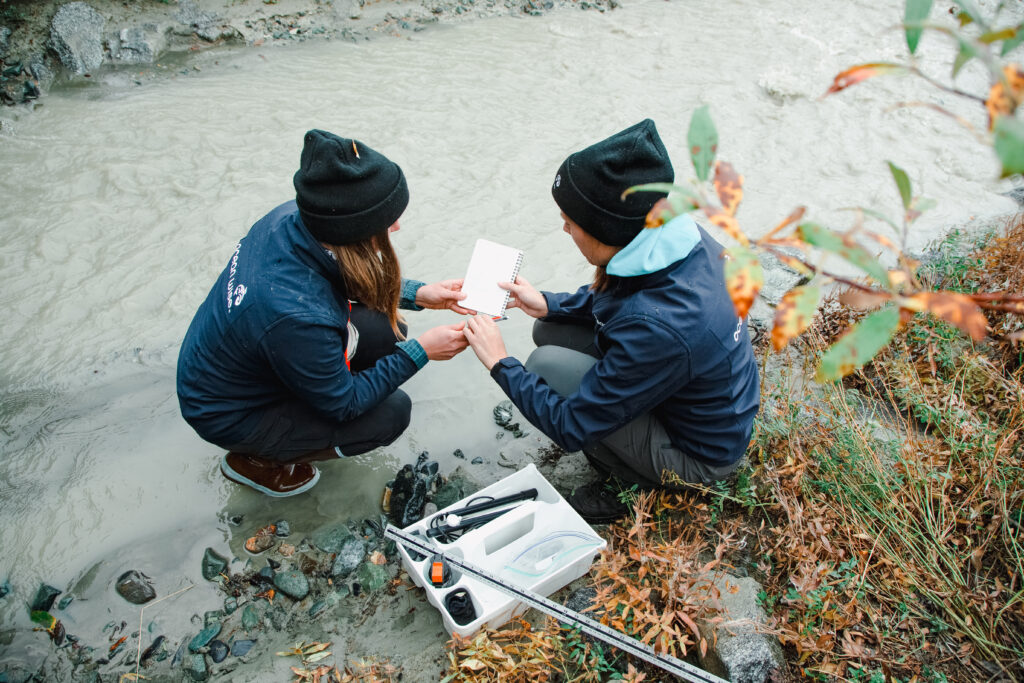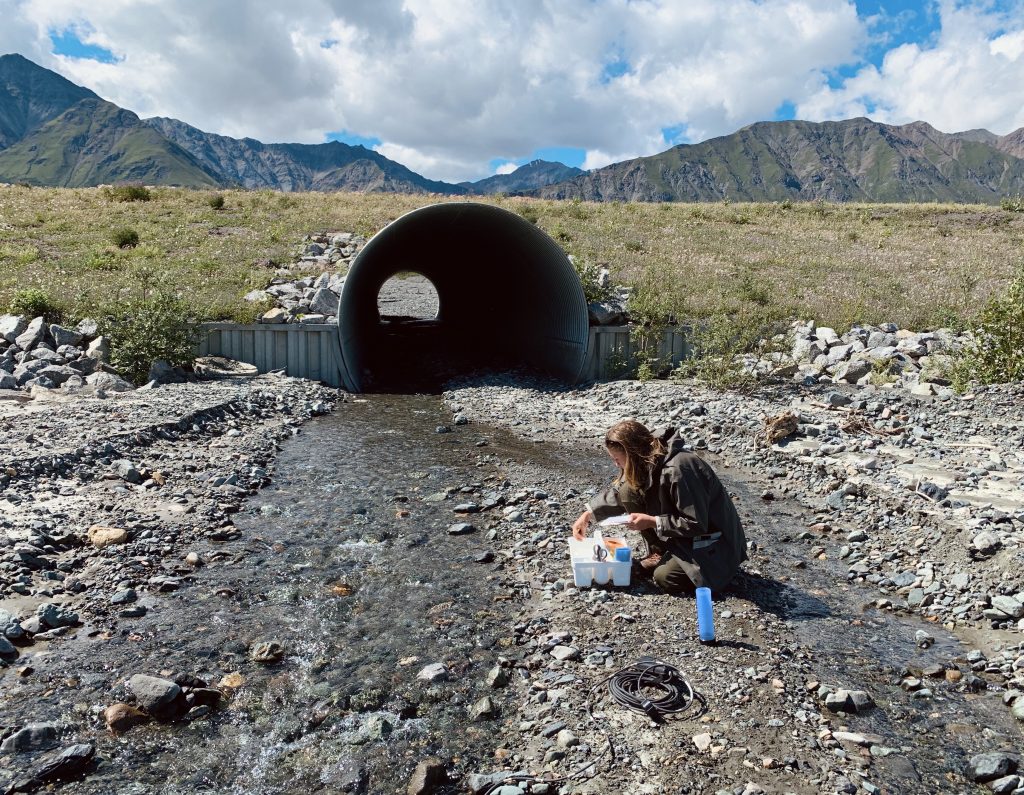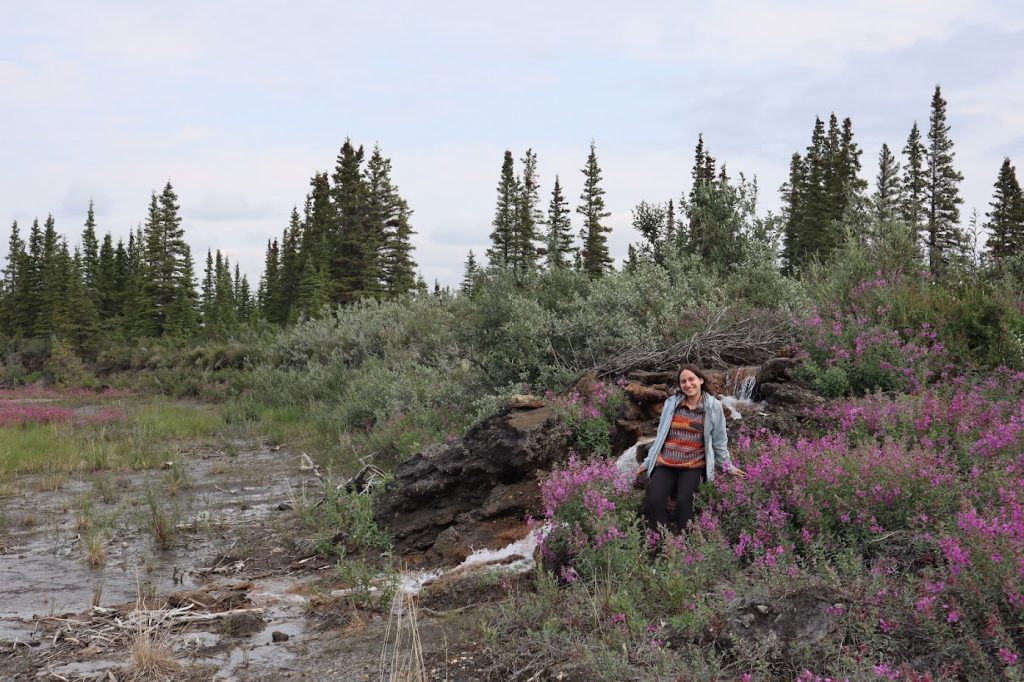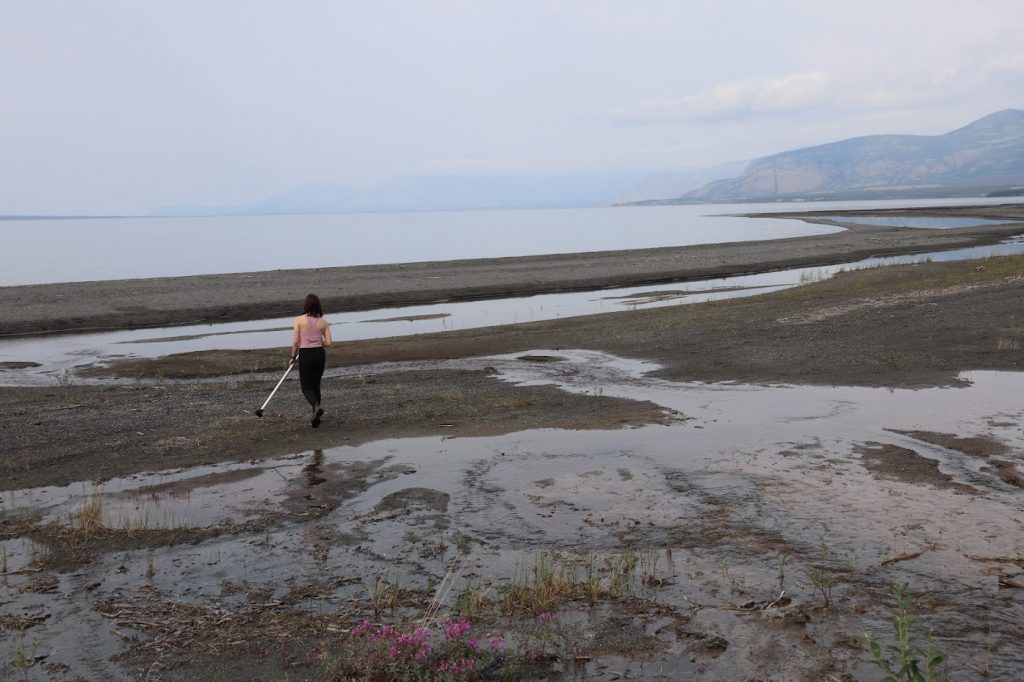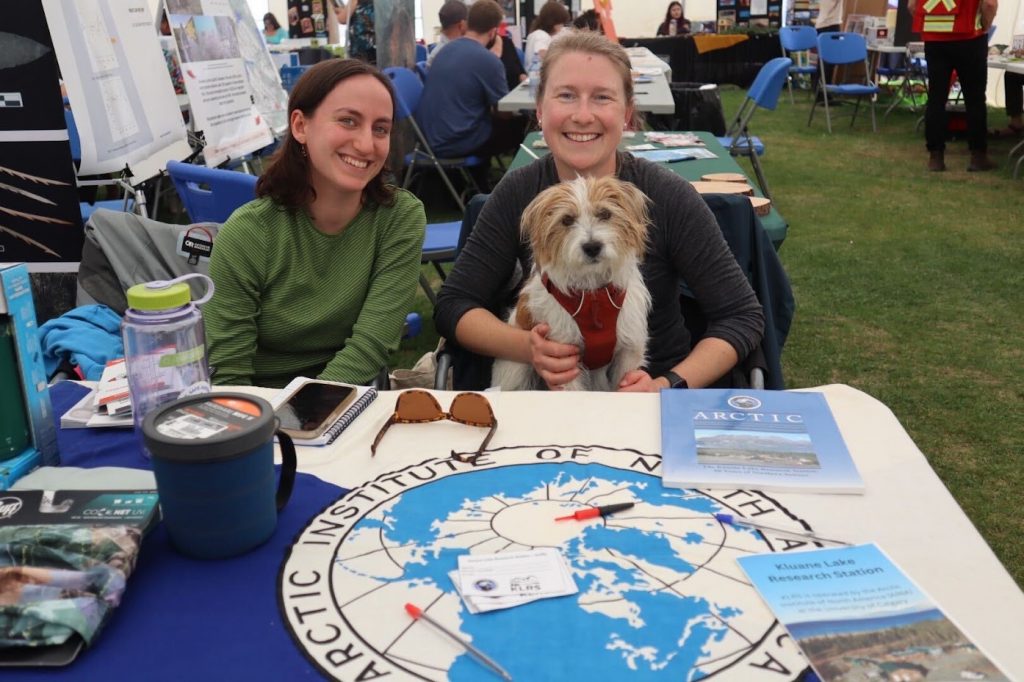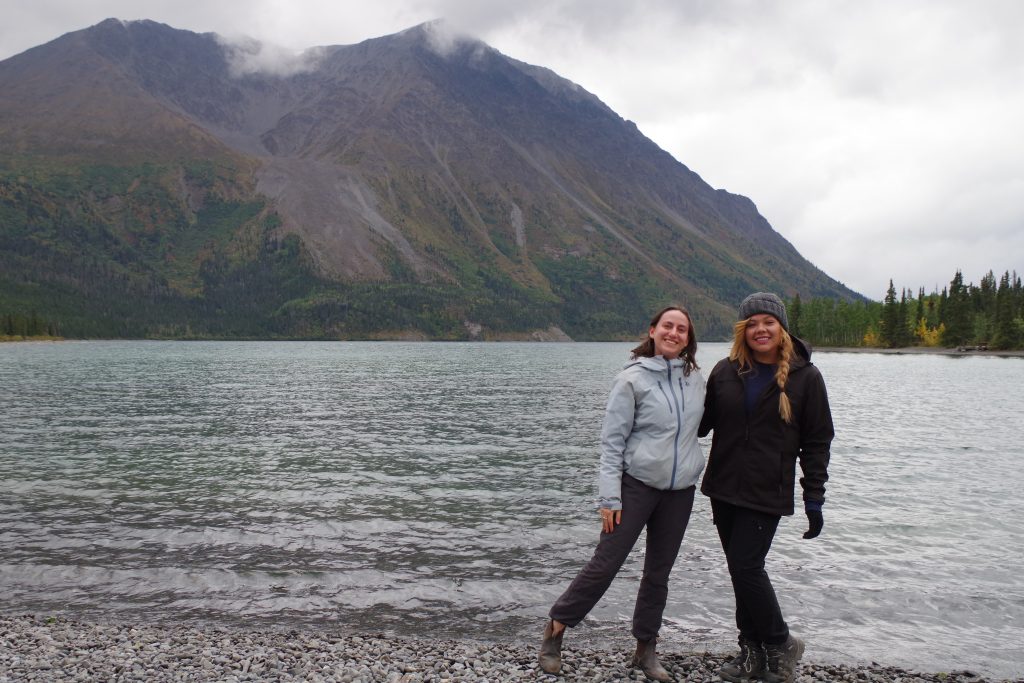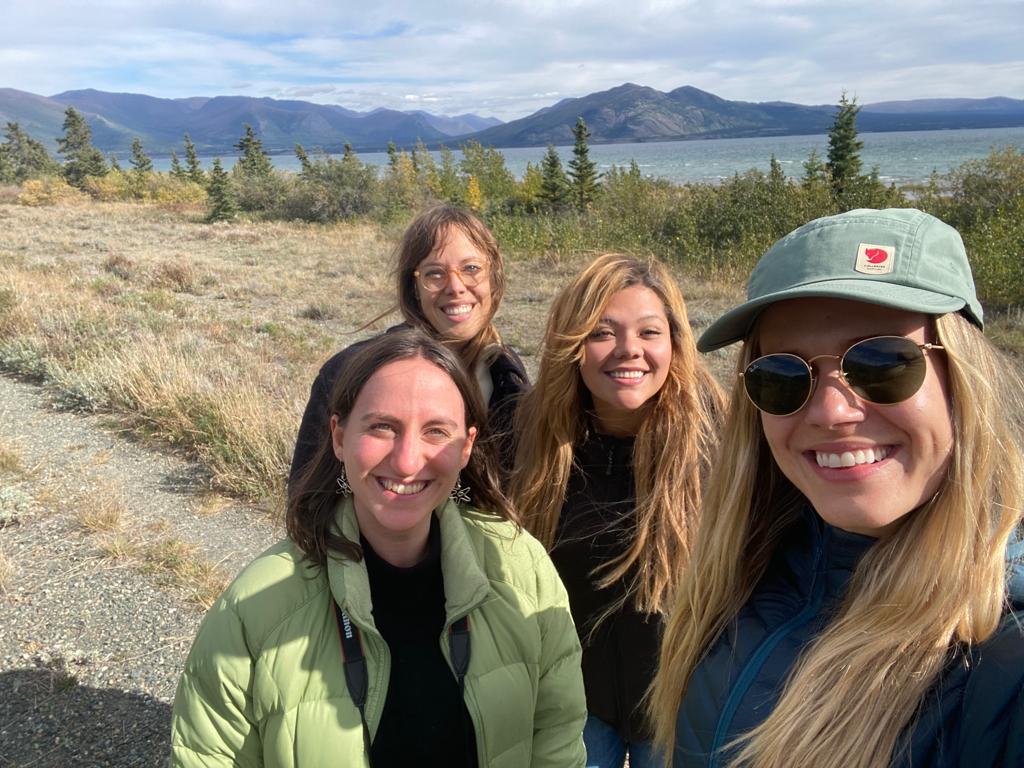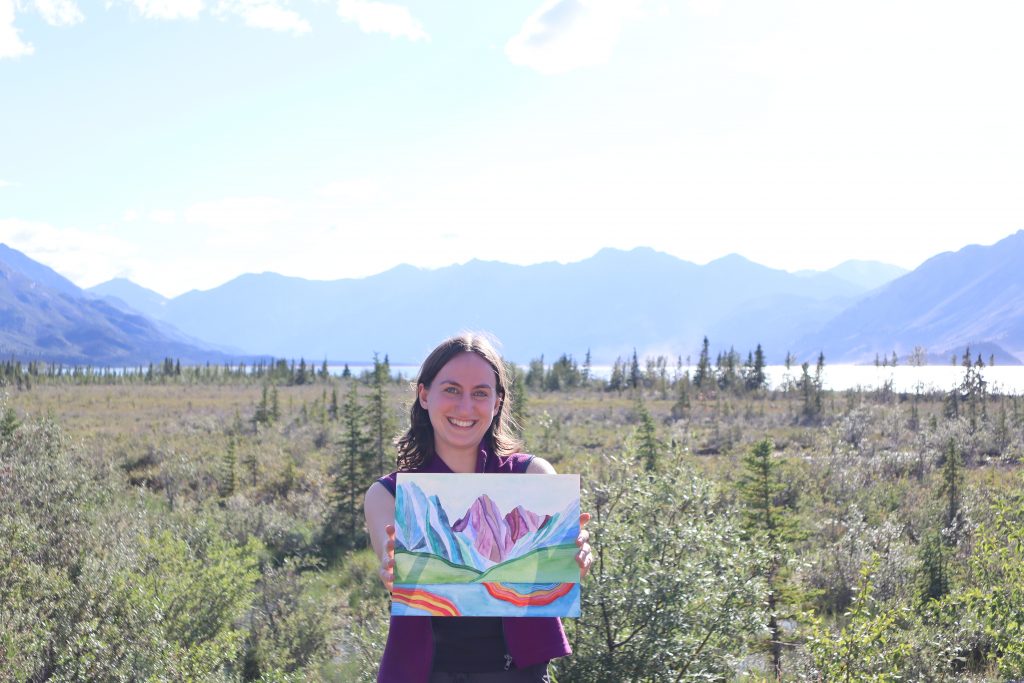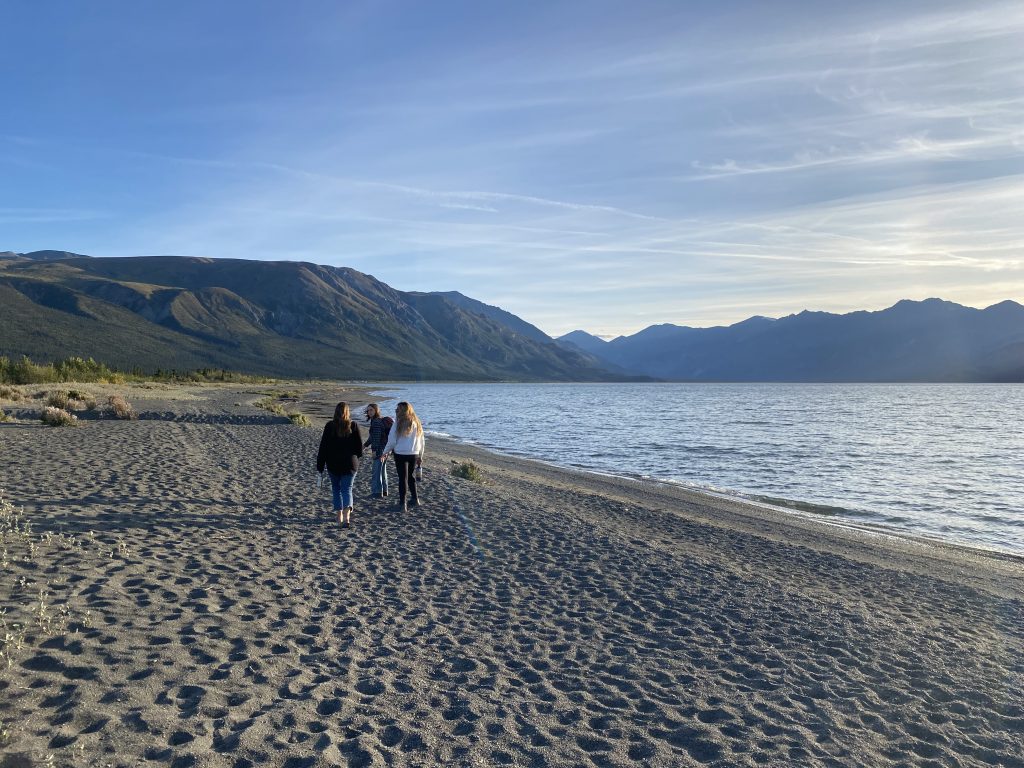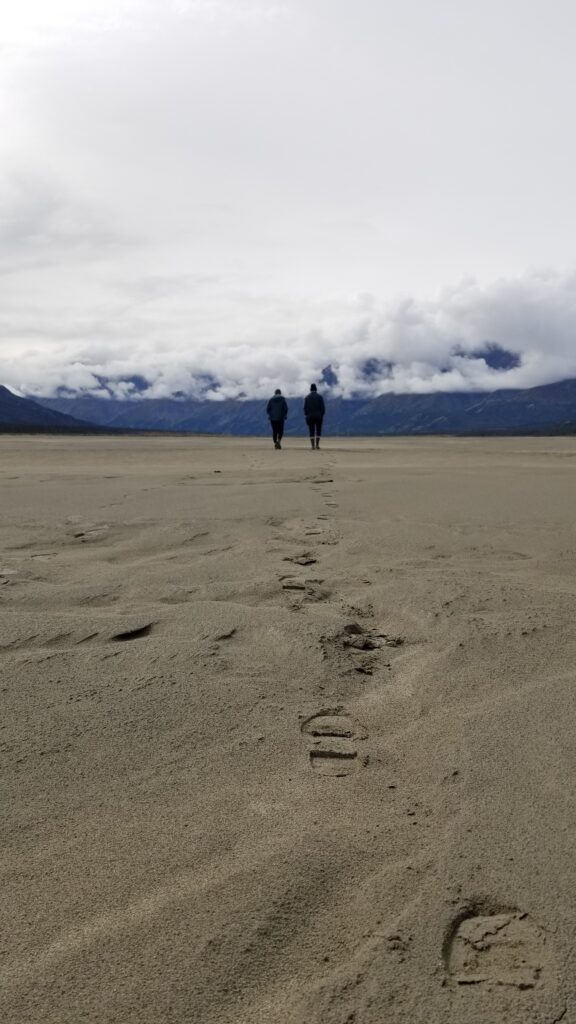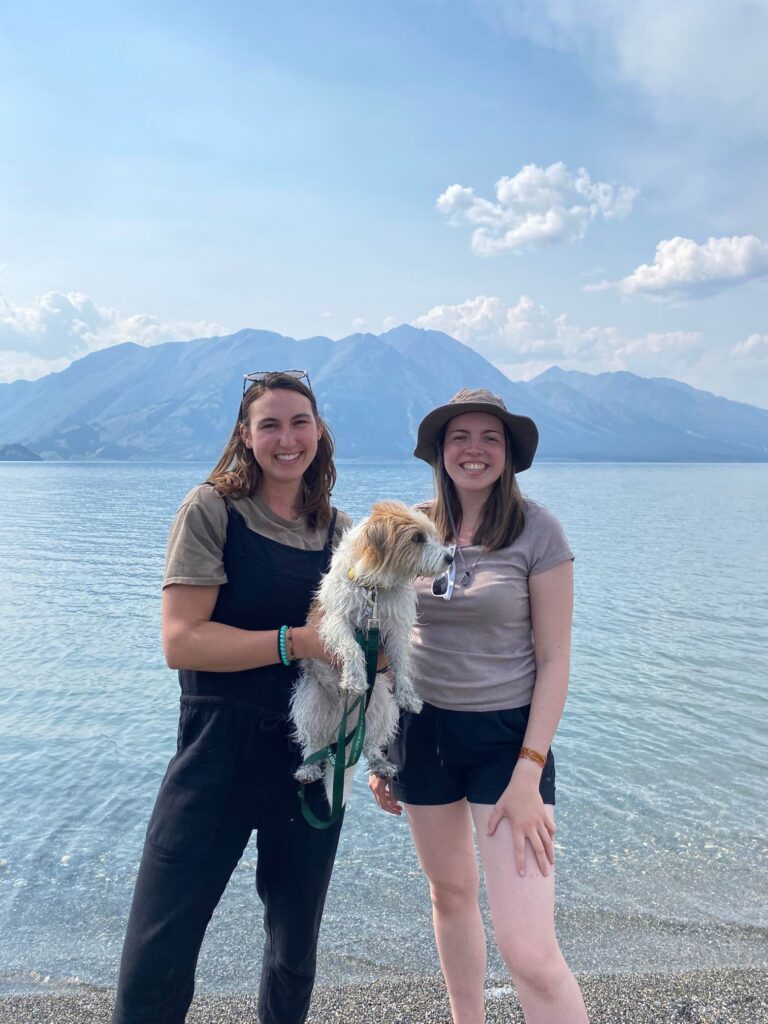Kluane Lake Research Station
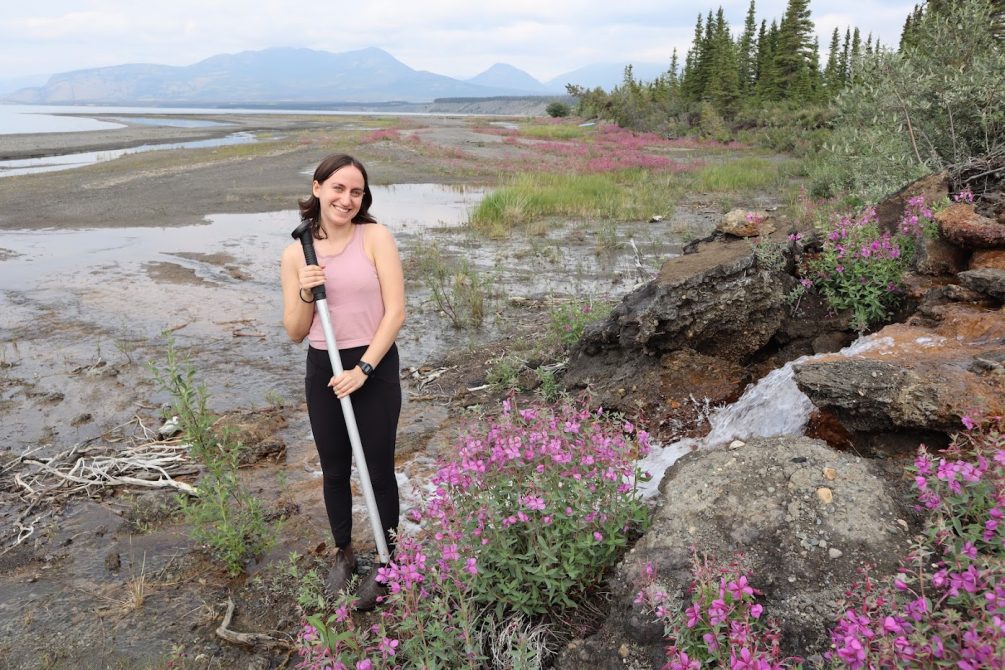
Project Details
Location
The Arctic Institute of North America is home to the Kluane Lake Research Station (KLRS), located on the south shore of Lhù’à à n Mân (Kluane Lake), on the traditional lands of the Kluane, Champagne and Aishihik, and White River First Nations. The station was established in 1961 and has provided support to researchers from across Canada and around the world.
Placement Details
The area’s geographic diversity is reflected in the unique scientific legacy of KLRS across the disciplines of glaciology, geomorphology, geology, biology, botany, zoology, hydrology, limnology, climatology, physiology, anthropology and archaeology and in over 1500 scientific publications, many of which are described in the Kluane Lake Research Station Bibliography! The unique location and size of Kluane Lake (Lhù’à à n Män in Southern Tutchone) makes it a key indicator of climate change in the sub-arctic region.
This placement involves working as a research assistant to Kristina Penn, a University of Calgary PhD candidate working out of the Arctic Institute of North America’s Kluane Lake Research Station (KLRS). As the Kluane Lake watershed is influenced by glaciers, seasonal snow cover, mountains, plains, forested regions, and groundwater, Kristina’s research examines the Kluane Lake watershed, its hydrological connectivity, and role in greenhouse gas exchange with the atmosphere.
Previous participants have assisted in the collection of hydrological data from the streams flowing into Kluane Lake. This fieldwork involved travelling to remote locations surrounding the lake. Other participant duties involve interpreting streamflow monitoring data to detect seasonal and daily streamflow cycles, creating a groundwater discharge map using thermal imagery, and participating in isotope data analysis.
Placement Category: Field Research and Monitoring; Data Analysis, Management, and Reporting
Placement Season: Summer, Fall
Placement Type:Â Rugged Field
2023 Participant Highlights
Participants Monica Izaguirre-Canales and Eden Perry
Of her placement with  KLRS, Monica shares the following testimonial: “I loved working at the Kluane Lake research station because I was able to meet with incredible visitors from Universities, experience groups, researchers, and individuals from the Yukon government. It was truly a privilege to learn from all the visitors and gain a wider perspective both personally and professionallyâ€.
Eden adds, “the Ocean Pathways program provided me with a once-in-a-lifetime opportunity to work alongside researchers, artists, and community members to better understand the water security and well-being of Lhù’à à n MÇŸn (Kluane Lake). Beyond the project itself, being able to swim in the lake every day, joining other researchers on their fieldwork, and all the connections formed with people from all around the world made for a really immersive and memorable experience.â€
Check out Eden’s @oceanwiseyouth feature here.
2022 Participant Highlights
Participants Alissa Sallans and Faye Perchanok
Working as research assistants, Alissa and Faye’s placement focused on hydrology and climate change research around the St. Elias and Ruby Mountain ranges. They had the opportunity to take part in fieldwork which involved travelling to remote locations surrounding the lake and assisting with boat-based work on the lake to collect and prepare water samples. They also worked on a lot of data analysis for this relevant climate change research!
Read about Alissa’s placement experience here!
Participant Nadja Smith-Hanson
Nadja took part in fieldwork which involved travelling to remote locations surrounding the lake and assisting with boat-based work on the lake to collect and prepare water samples. As well, Nadja worked on a lot of data analysis for this relevant climate change research!
Nadja’s placement was focused on climate research, which is particularly important in Northern Canada where the impacts of climate change are causing major changes. In addition to the research, Nadja took any chance she could to help children and youth in the Yukon learn about the environment by hosting school groups. She also assisted the botanists completing their research at the station.
Nadja made many connections, both personally and professionally, that she is looking forward to staying in contact with.
